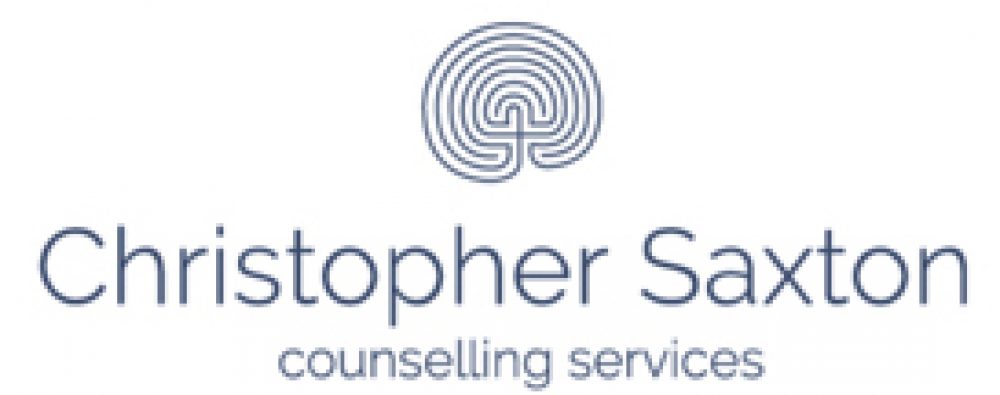Made a decision to turn our will and our lives over to the care of God, as we understood God
Step 3, Alcoholics Anonymous
Who is “driving the bus?”
Step 3 of Alcoholics Anonymous asks the addict to turn his/her will and life over to the care of “something else” asking the addict or alcoholic to give up control. Control is the great paradox of addiction and recovery. Historically (and sadly still today) addicts and alcoholics were thought to be morally deficient persons lacking “self control” who could be saved if they would merely acknowledge and change their destructive ways. And yet, it is the giving up of control that is the greatest obstacle for many addicts who are seeking sobriety through the 12 Steps.
The common thread that runs through the lives of all addicts is that they had “Adverse Childhood Experiences” (ACEs). ACEs can usher in a lifetime of misfortune – and frequently pass troubles on to succeeding generations. These are events beyond a young person’s control.
The principal types of ACEs are abuse, neglect and seriously troubled households. More specifically, ACEs are emotional, and or physical. Experiences include; emotional and physical neglect, sexual abuse, domestic violence, mental and/or substance (alcohol or drug) disorders. They also include parental separation or divorce, or a family member who is incarcerated. These are traumatic experiences in early life that cause the child to feel helpless, powerless and in grave danger.
Human beings are social creatures, other people function as self-regulating agents in our lives. We learn to identify and recognize ourselves in others when we think, “Oh, that’s exactly how I feel,” or “I was thinking the same thing.” This is how we begin to figure out who we are.
Addicts and alcoholics internalize the feeling that the abuse suffered was their fault. If you don’t ask why Daddy is hitting you, or why Mommy is passed out on the floor, but accept that it is your fault, then you are in more control. In reality what is happening is the child sacrifices themselves in order to maintain the illusion of control in a situation that otherwise would be experienced as irrational and unpredictable. So, if the child is at fault (in their own mind) then shame for the child’s failure to change the situation becomes part of their narrative.
A child internalizes this illusion of control and it becomes part of the cycle of their addiction. “I control the drug, not the other way around,” is the narrative of the addict also known as DENIAL. As any addiction counselor will tell you, denial stands for “Don’t Ever Notice I Am Lying.”
A child who has faced early traumas has difficulty trusting and opening up to another person. If you have experienced this sort of early trauma, why would you trust again? However, without a capacity to trust, a person can never accurately connect with their own self. An addict/alcoholic has never had the ability to develop the brain mechanisms to regulate emotions, as those are developed through intimate connections to others.
Perhaps the hardest part of getting sober, and recovering from addictions is giving up the illusion of control and become; willing to trust, willing to form connections and willing to explore emotions.
In recovery, addicts and alcoholics learn through connection with others to regulate feelings without getting high or drunk. They learn to make connections that did not develop because they were interrupted by trauma in childhood. The real work comes when an alcoholic or addict sits down with a sponsor and/or therapist and trusts that that person will be available without judgment or shaming. Trusting that person to journey with them as they express genuine and tender needs and feelings.
As social beings, when our tender needs and feelings are shared with others without rejection, we experience relief and the lowering of barriers that we may not even have realized existed. We gradually develop a new sense of acceptance and of self.
It is only through relationships with others that we develop a new sense of self.
It is only through relationships with others that we develop a sense of who we are.
It is only through relationships with others that we develop the ability to regulate our emotions.
This is the barrier that must be overcome, this illusion of control, for any addict or alcoholic to begin to heal…letting go of the illusion that they are in control.
We each have our own inner program for happiness. Our plans whereby we will be safe and happy, secure and in control. Step 3 is all about the addict and alcoholic opening themself to the possibility of faith in something else, a meaningful relationship that facilitates self regulation, and supports them so that that they don’t have to “drive the bus.” This offers a new faith that things just might possibly be OK even if they don’t control them.
